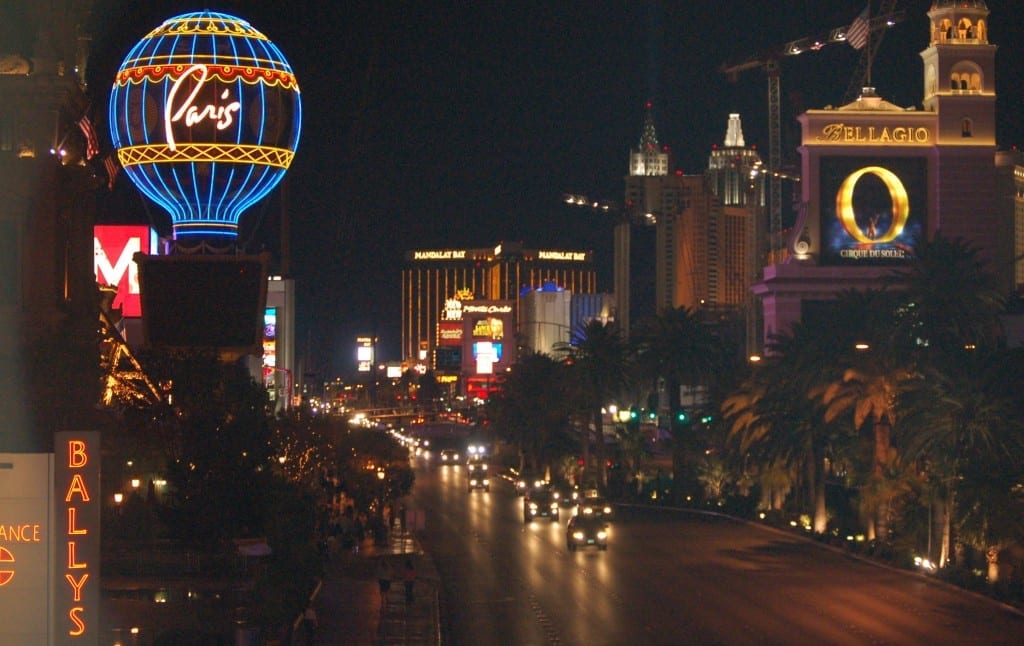Federal negotiators may soon reach a fair compromise on the country’s federal insurance backstop
Terrorism insurance in the United States may be in jeopardy. In 2002, the Terrorism Risk Insurance Act was passed, creating a federal backstop for insurance claims generated by acts of terrorism in the country. The legislation was meant to provide a transparent system, which allowed insured losses to be shared by both the public and private sectors. The federal backstop has been in contention for some time, as lawmakers have become unconvinced that it is still a necessary measure to protect against acts of terrorism.
Negotiators agree on a deal concerning terrorism insurance protection
House and Senate negotiators have been working to form a compromise and have agreed on a plan that would extend the Terrorism Risk Insurance Act for another six years. The deal involves maintaining the federal insurance backstop, but increasing the threshold at which federal aid kicks in. Per the deal, financial aid from the government will become available when destruction costs exceed $200 million, up from the current $100 million threshold.
Deal involves changes to the Dodd-Frank law
 The deal also involves revisions to the Dodd-Frank Wall Street Reform and Consumer Protection Act, which went into effect in 2010. The deal would revise one of the major provisions of the legislation, providing insurance companies with more flexibility when complying with federal capital standards. These standards were originally meant for banks only, but were extended to insurance companies because of their place in the country’s financial structure.
The deal also involves revisions to the Dodd-Frank Wall Street Reform and Consumer Protection Act, which went into effect in 2010. The deal would revise one of the major provisions of the legislation, providing insurance companies with more flexibility when complying with federal capital standards. These standards were originally meant for banks only, but were extended to insurance companies because of their place in the country’s financial structure.
Changes to terrorism insurance could have a major impact on projects taking form in large cities
Terrorism insurance has become quite important to development throughout the United States. This insurance protection helps mitigate the risks associated with new projects being built in large cities. These projects range from clean energy systems to housing and business endeavors. Officials from New York City, Las Vegas, and Los Angeles have all noted that significant changes to terrorism insurance could cripple major projects that are taking form in those cities, which will have some degree of economic backlash.
